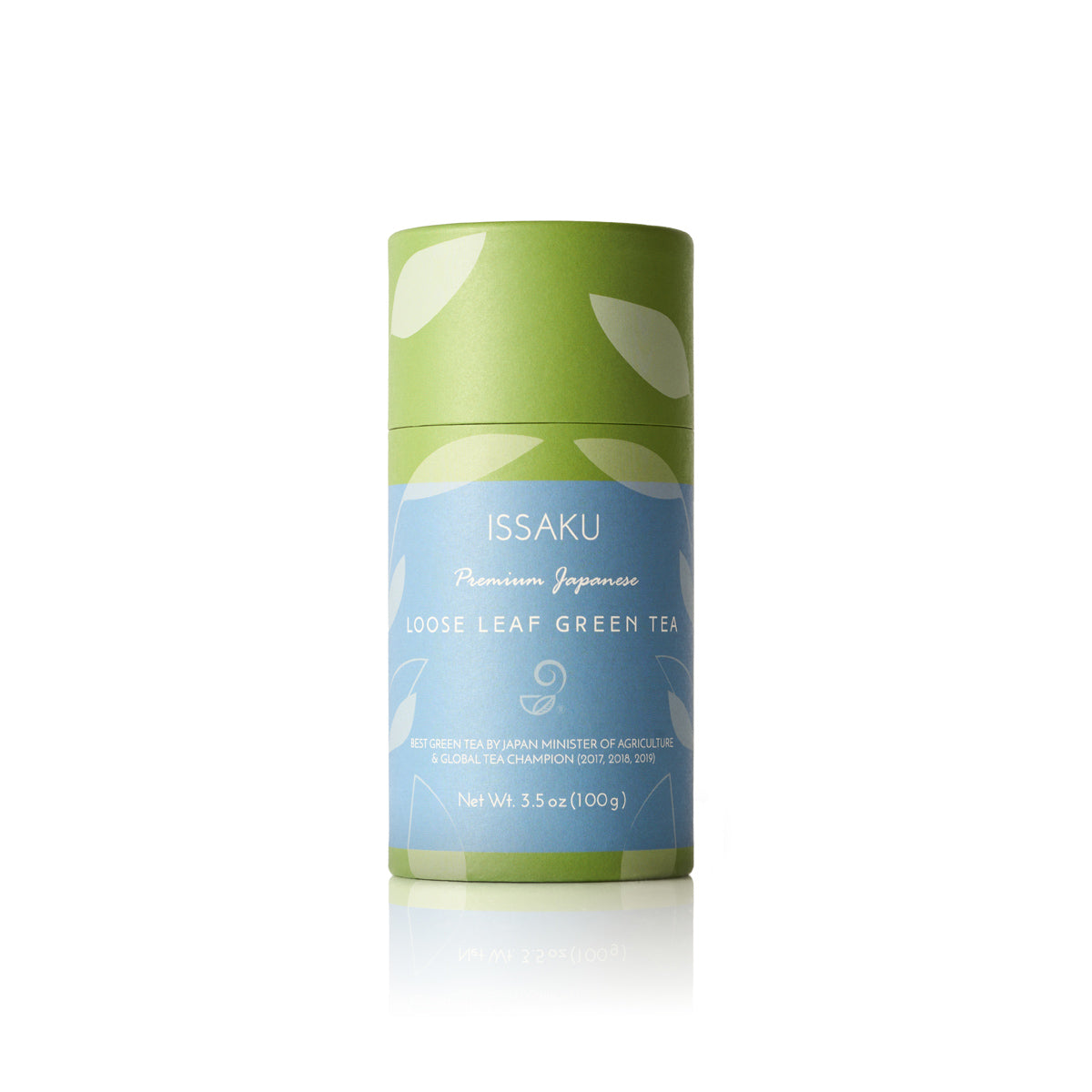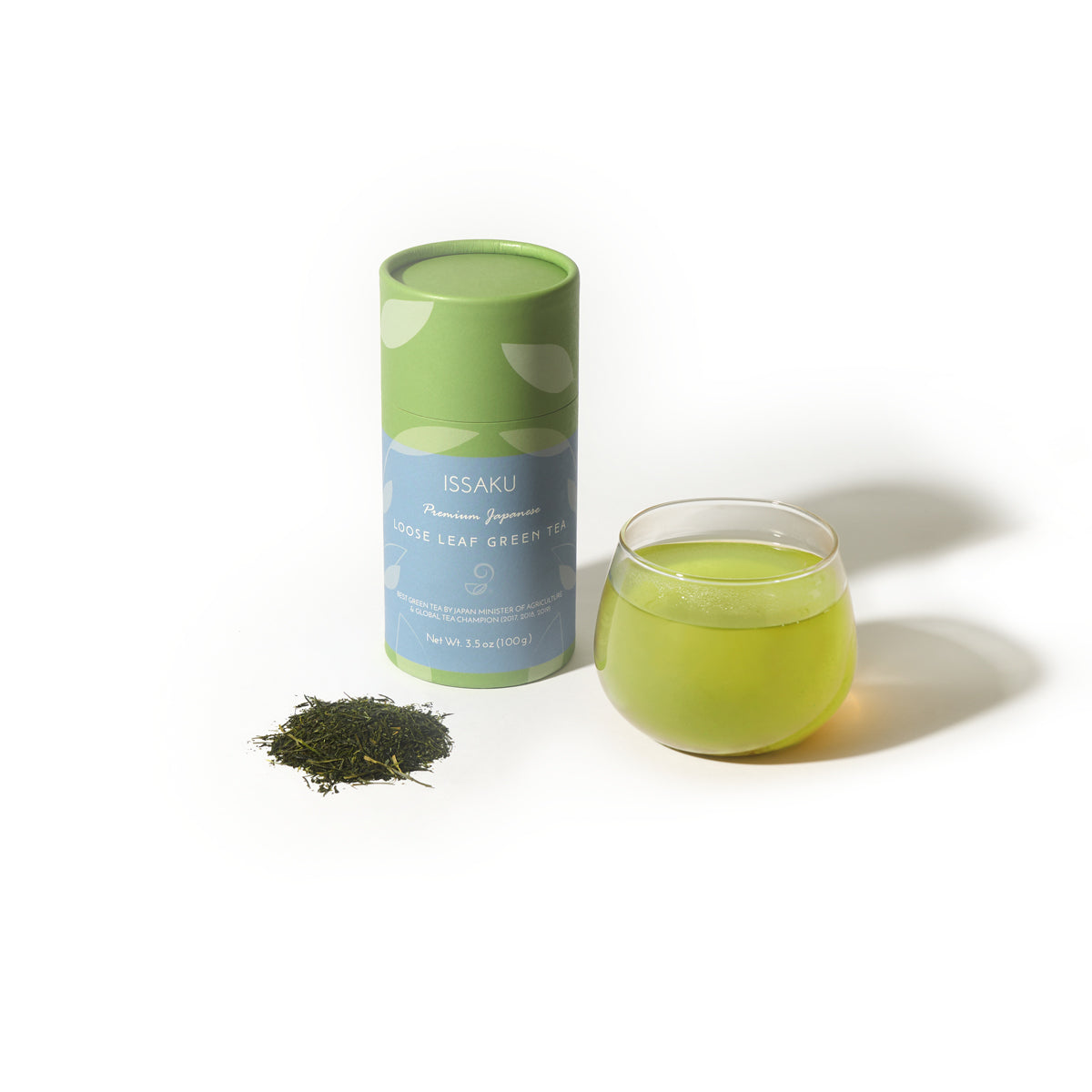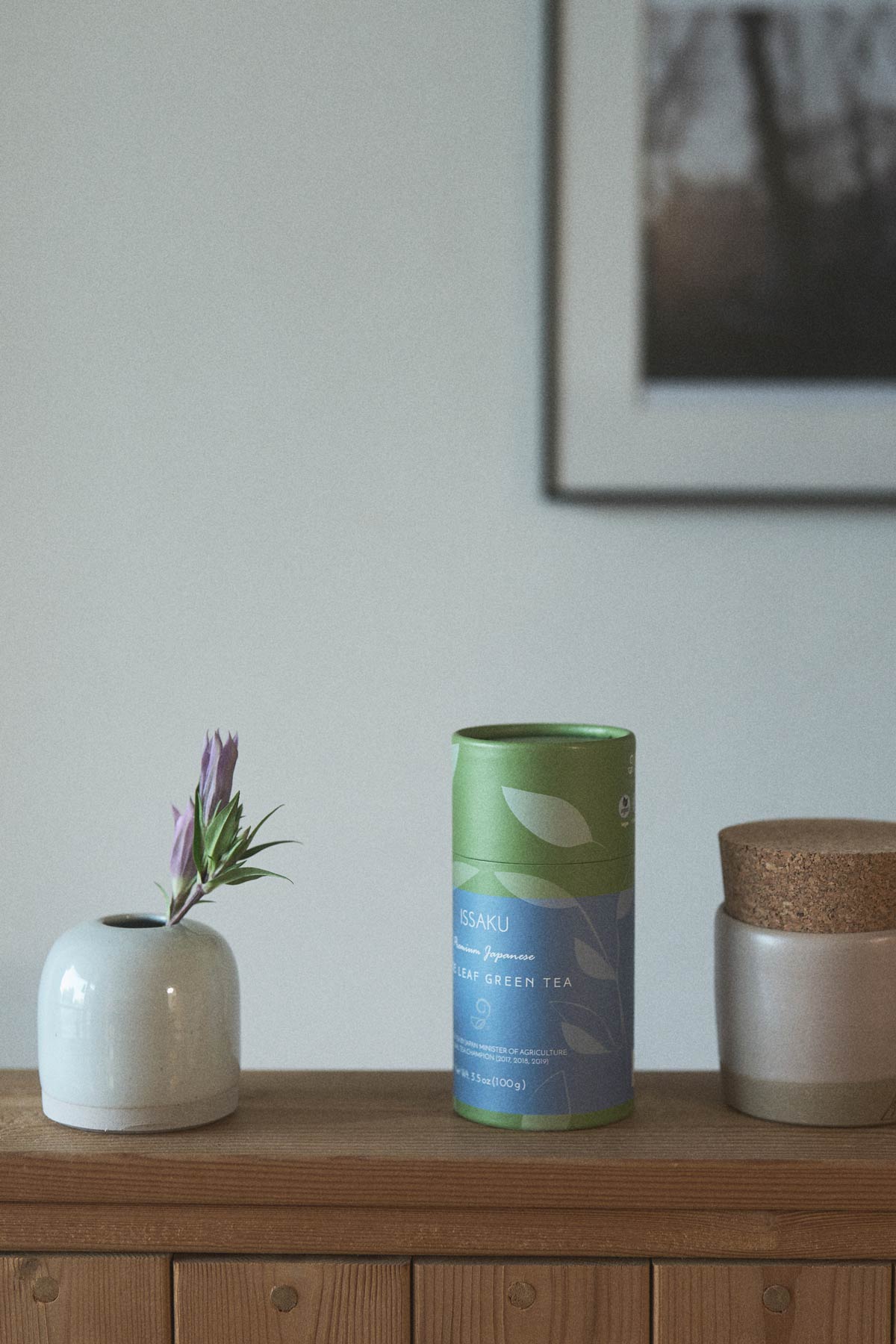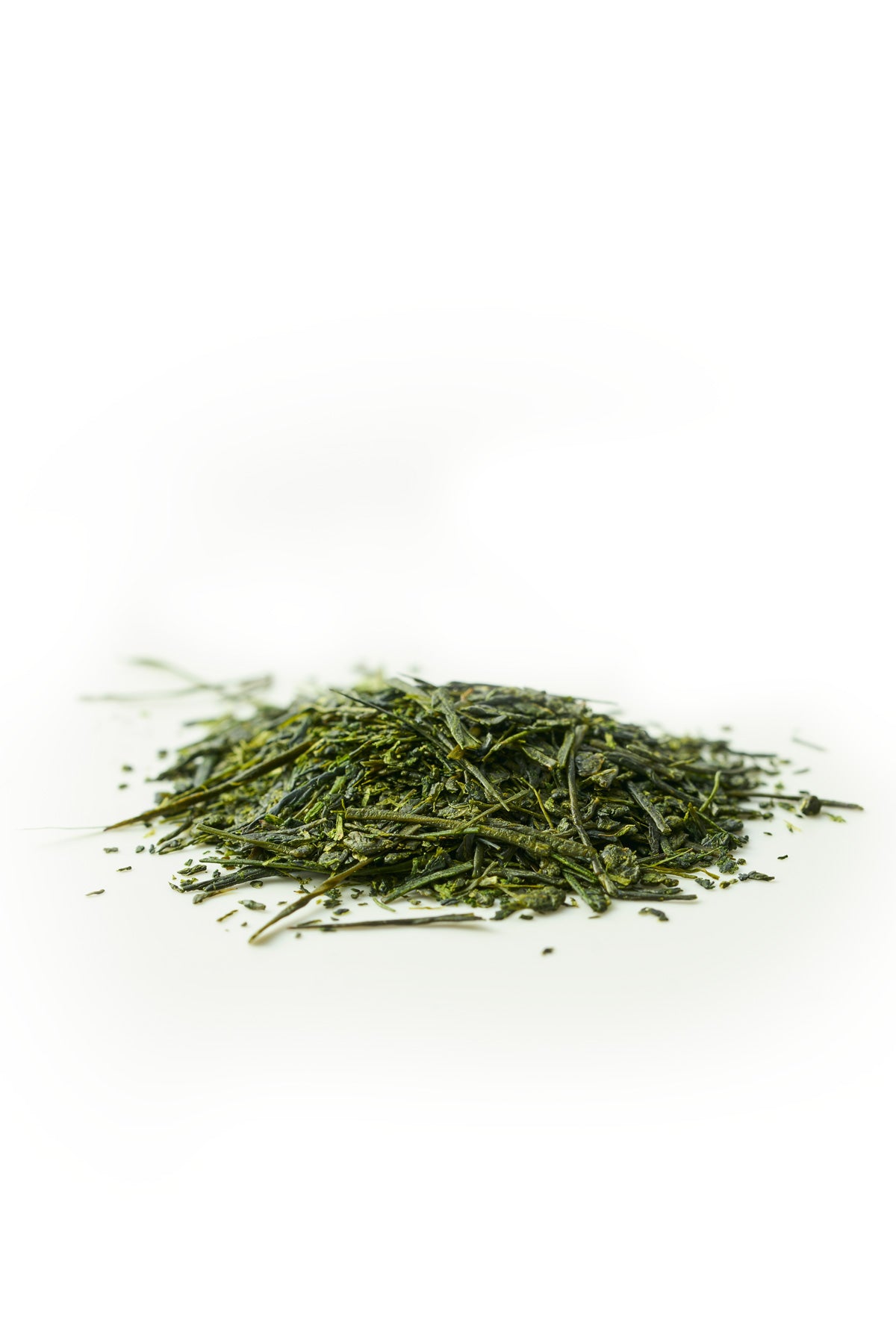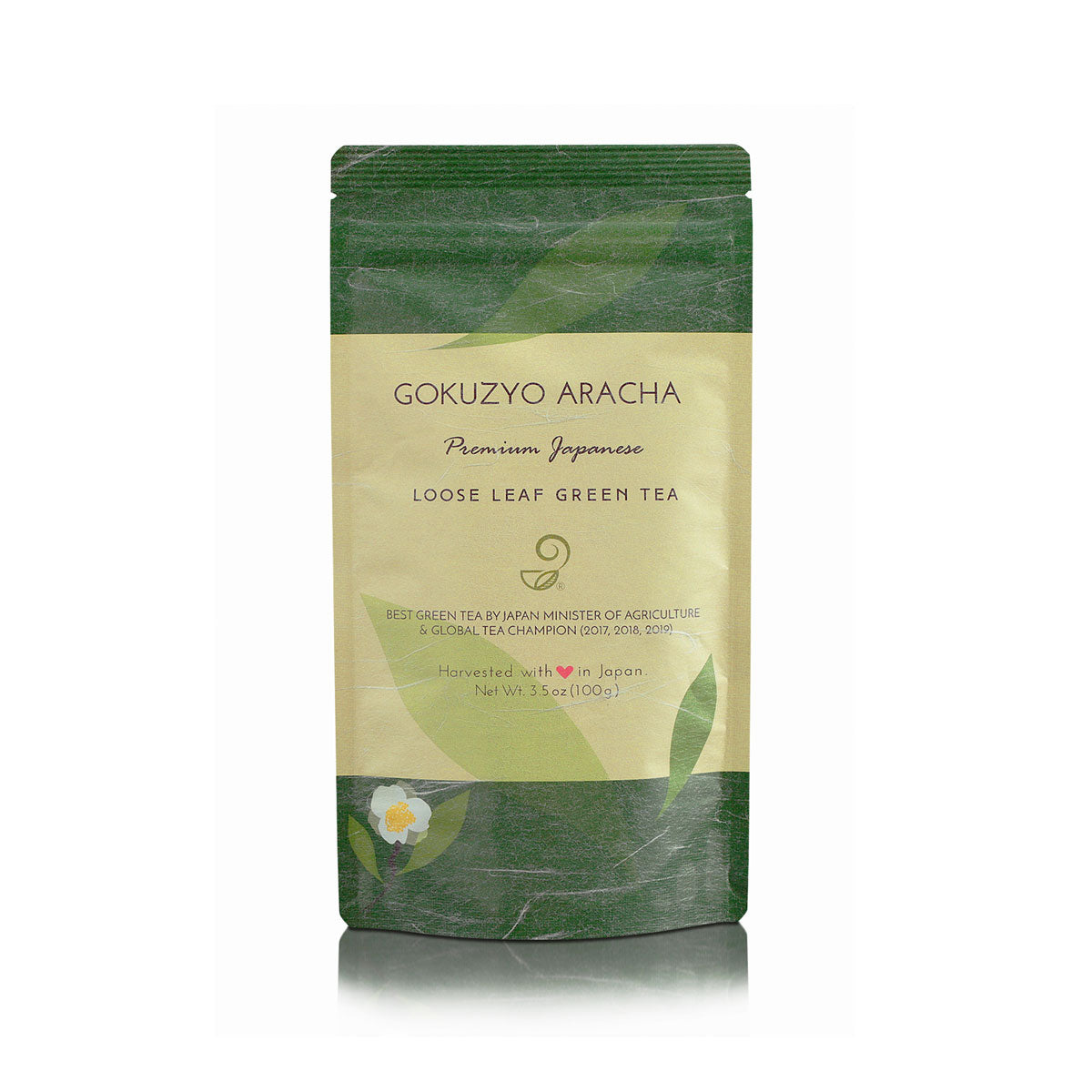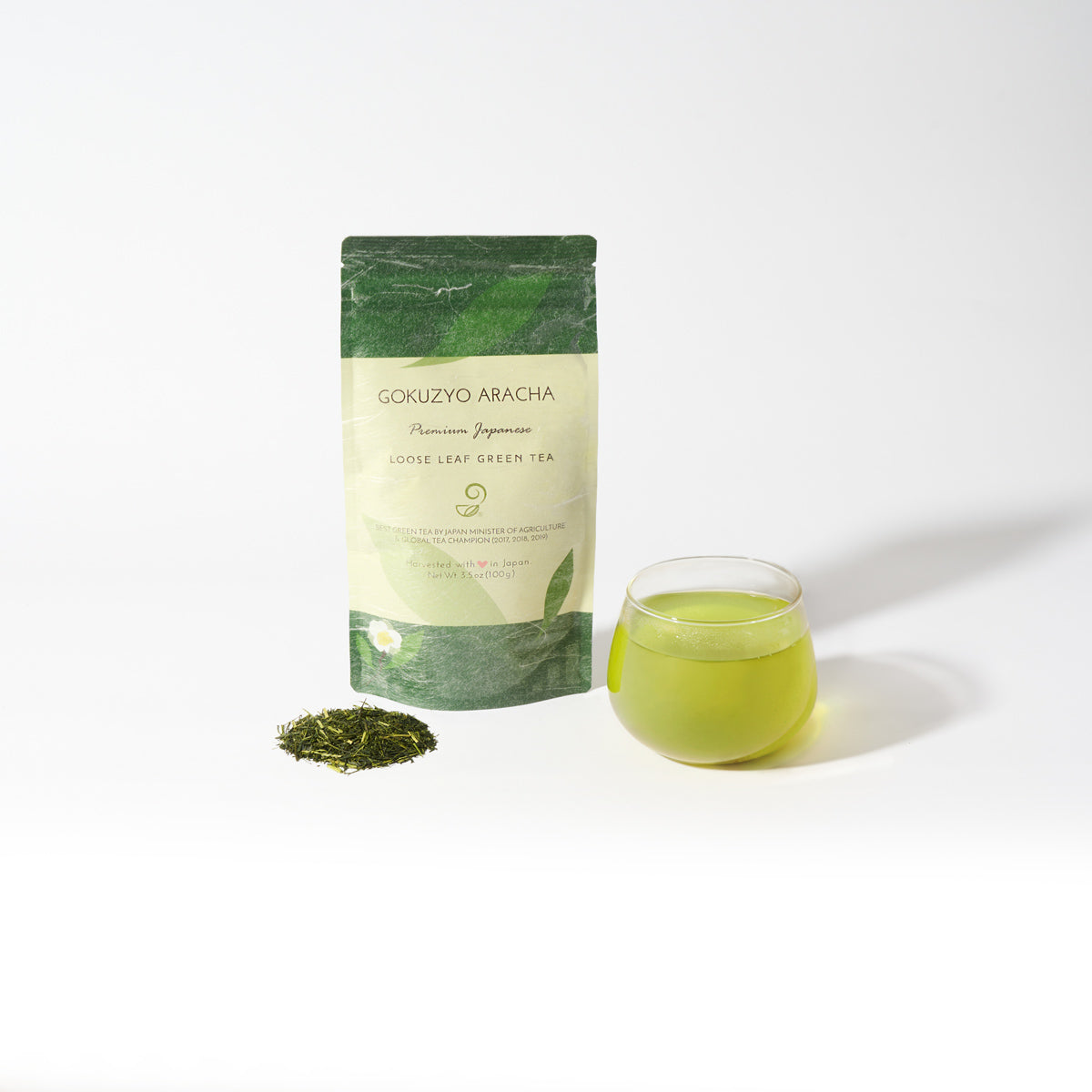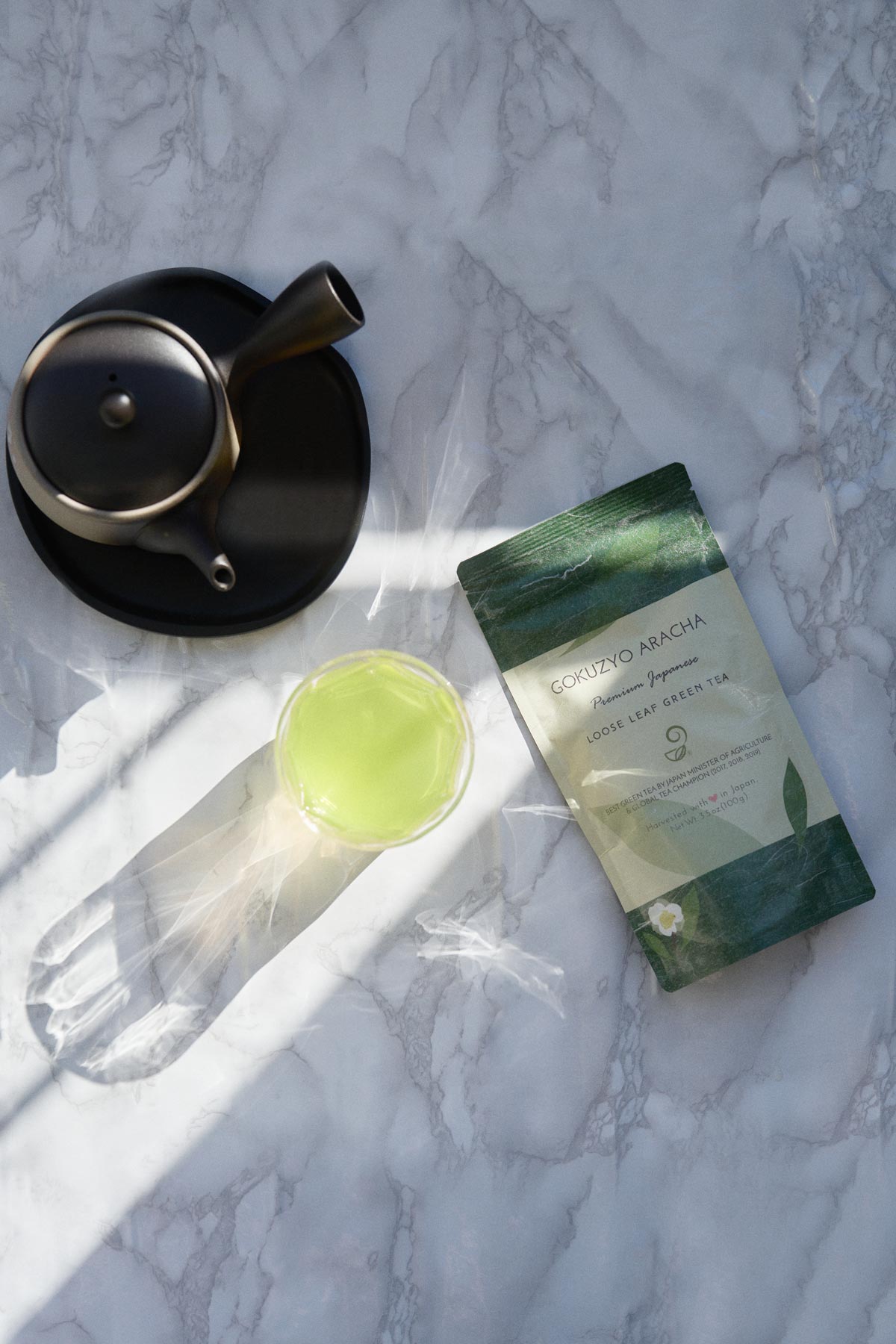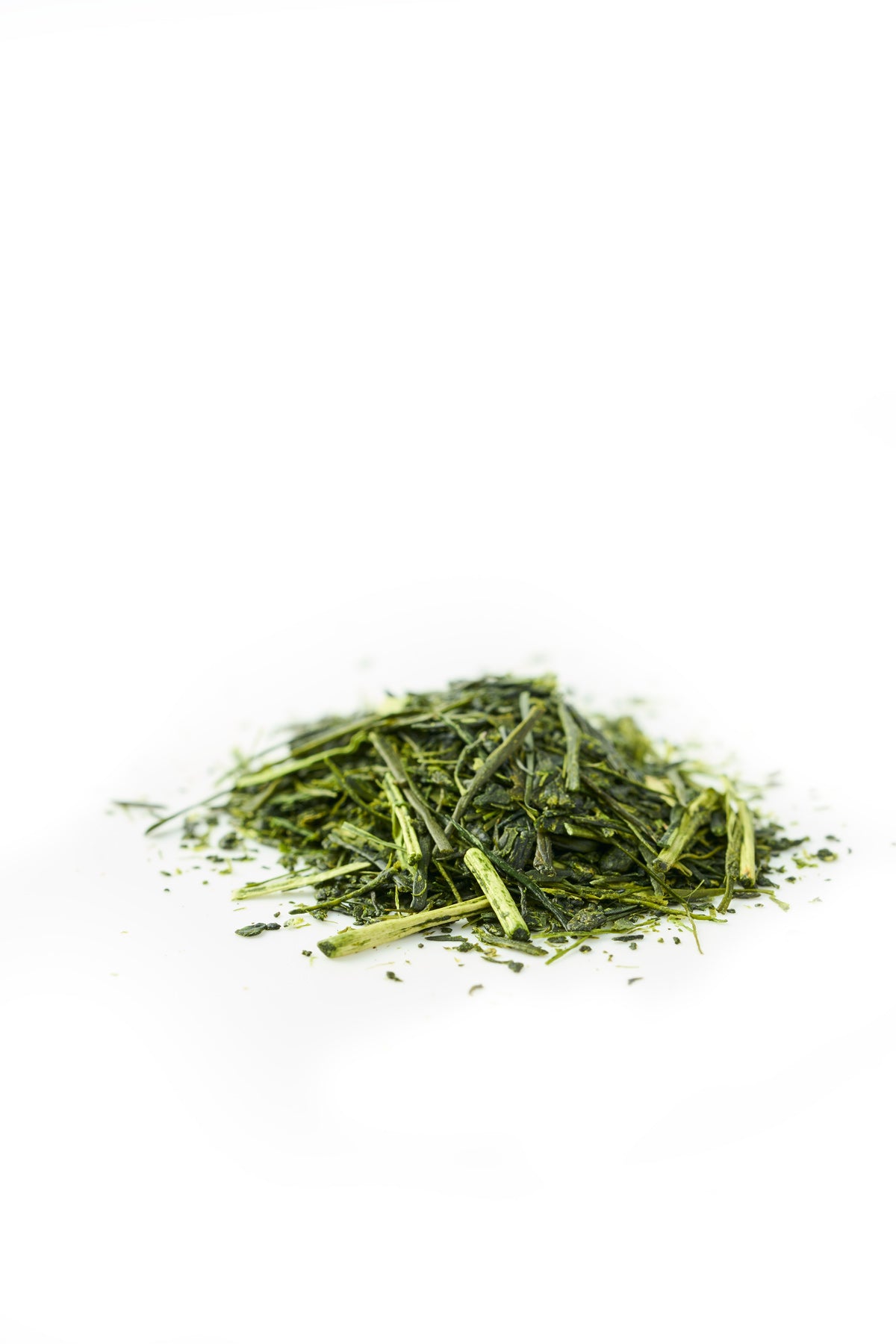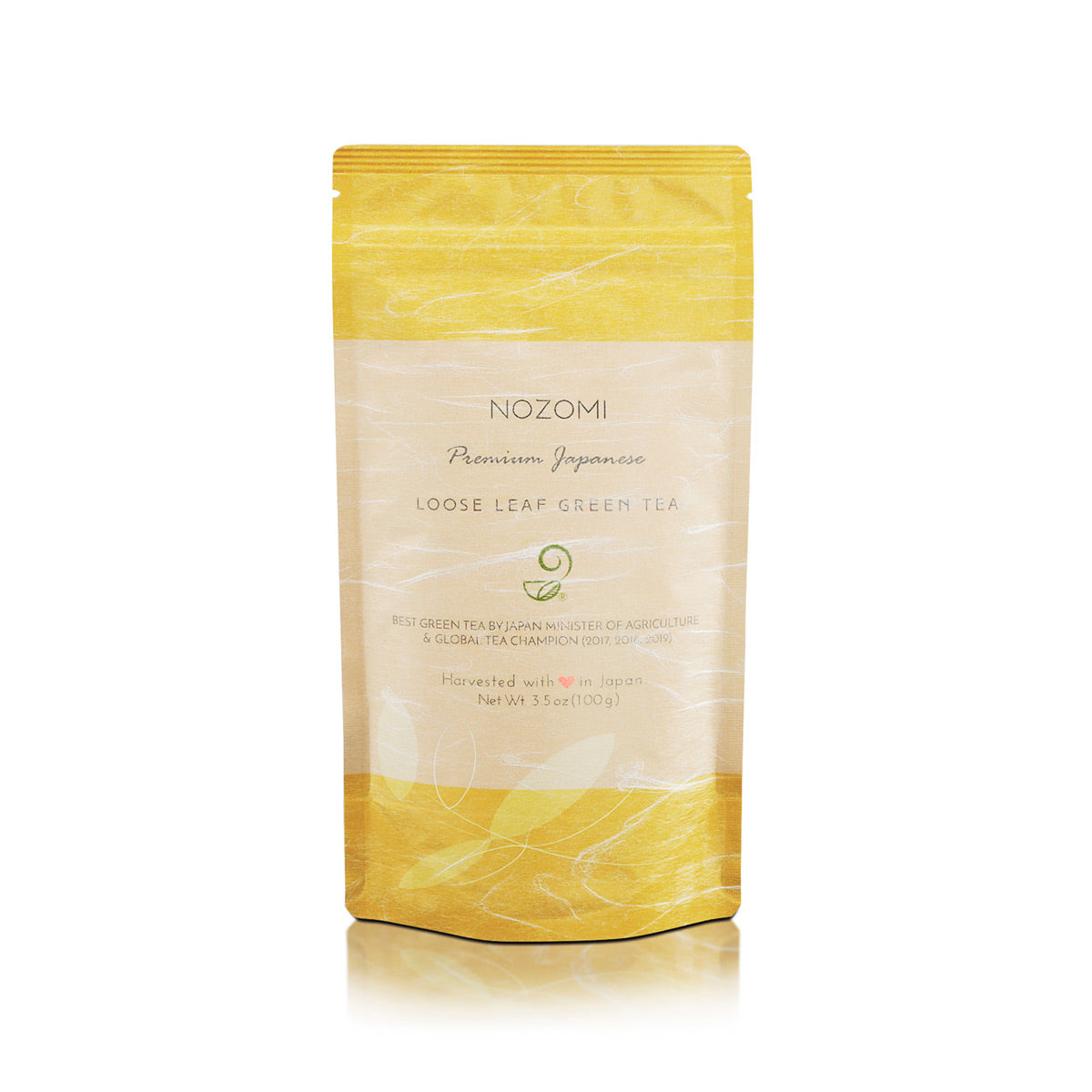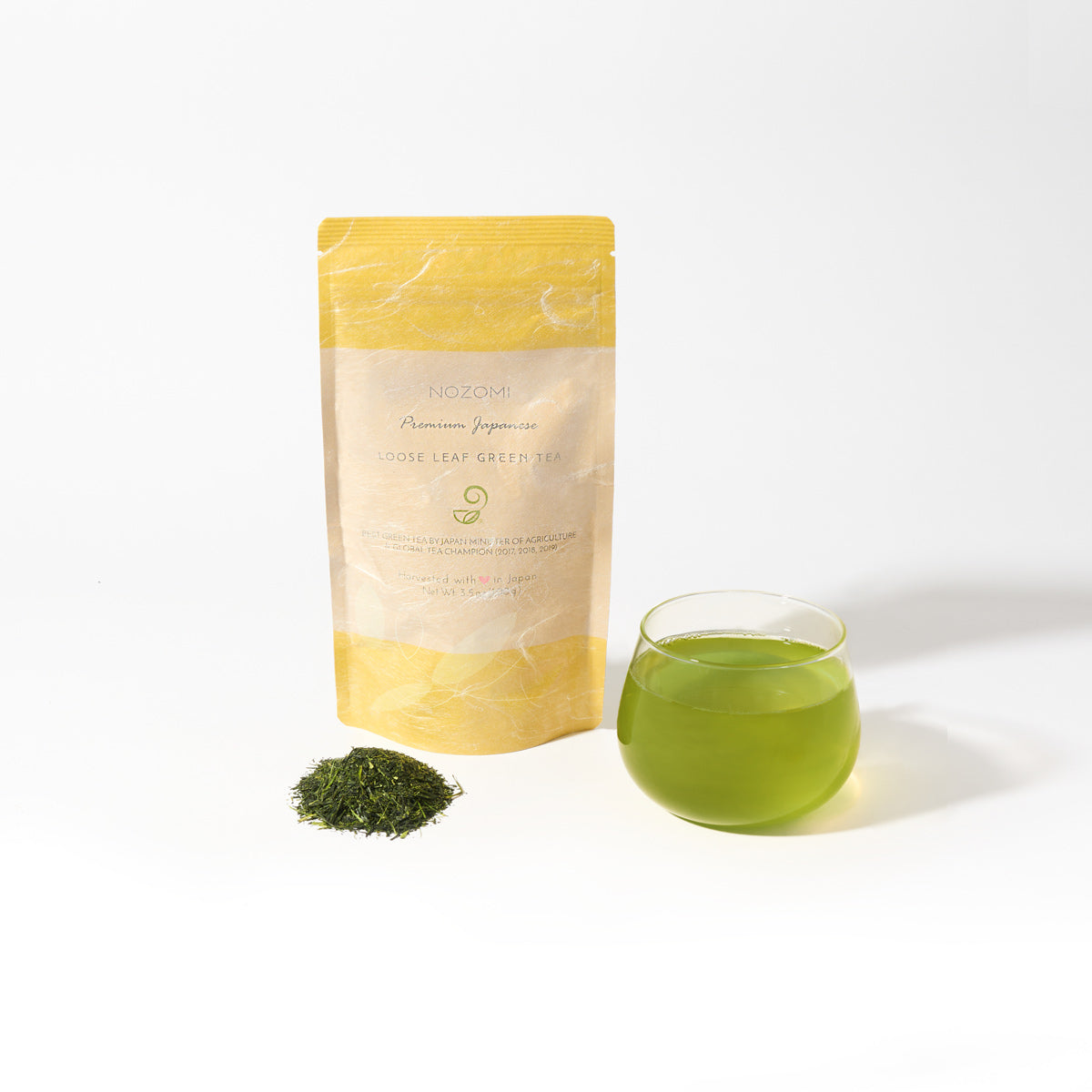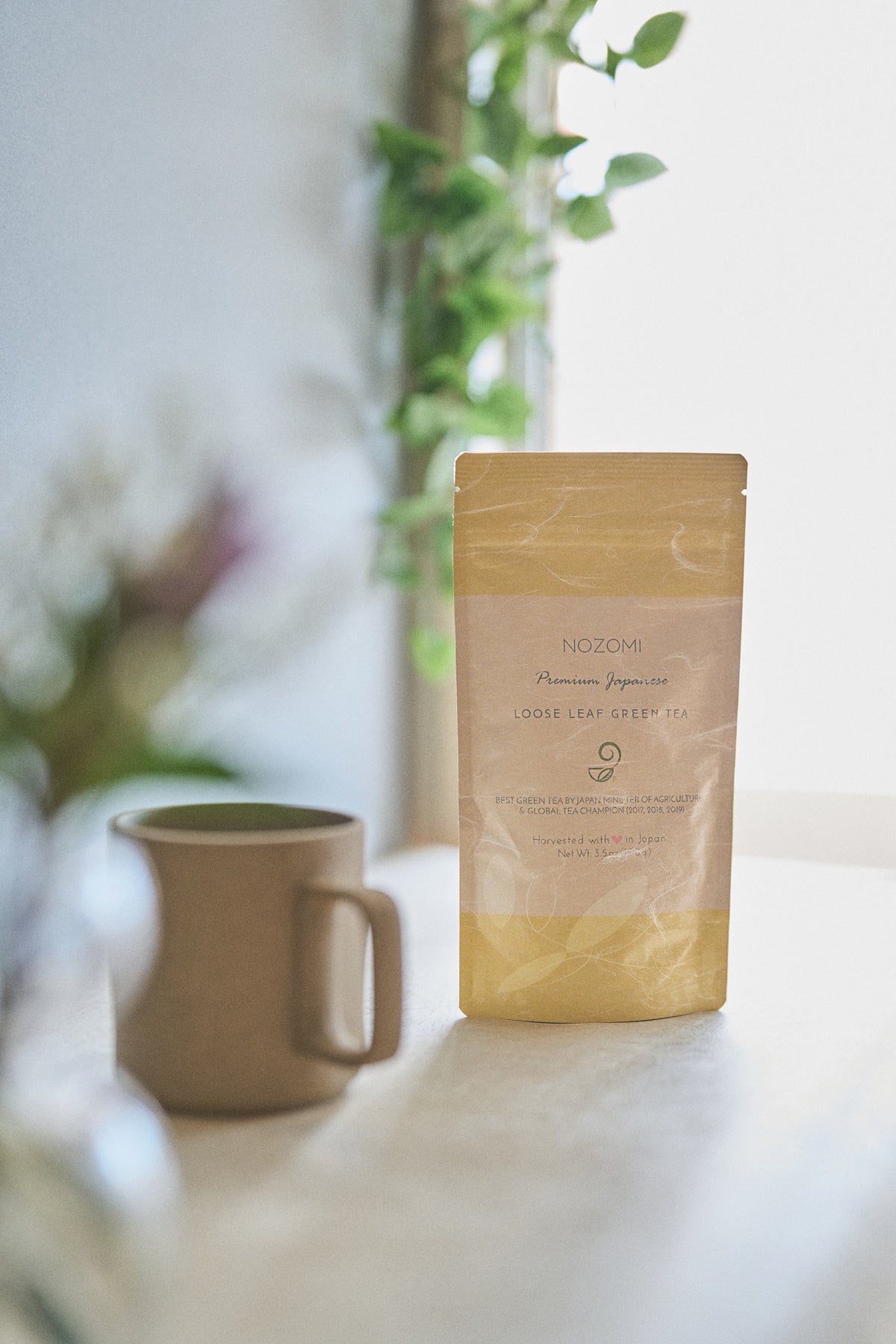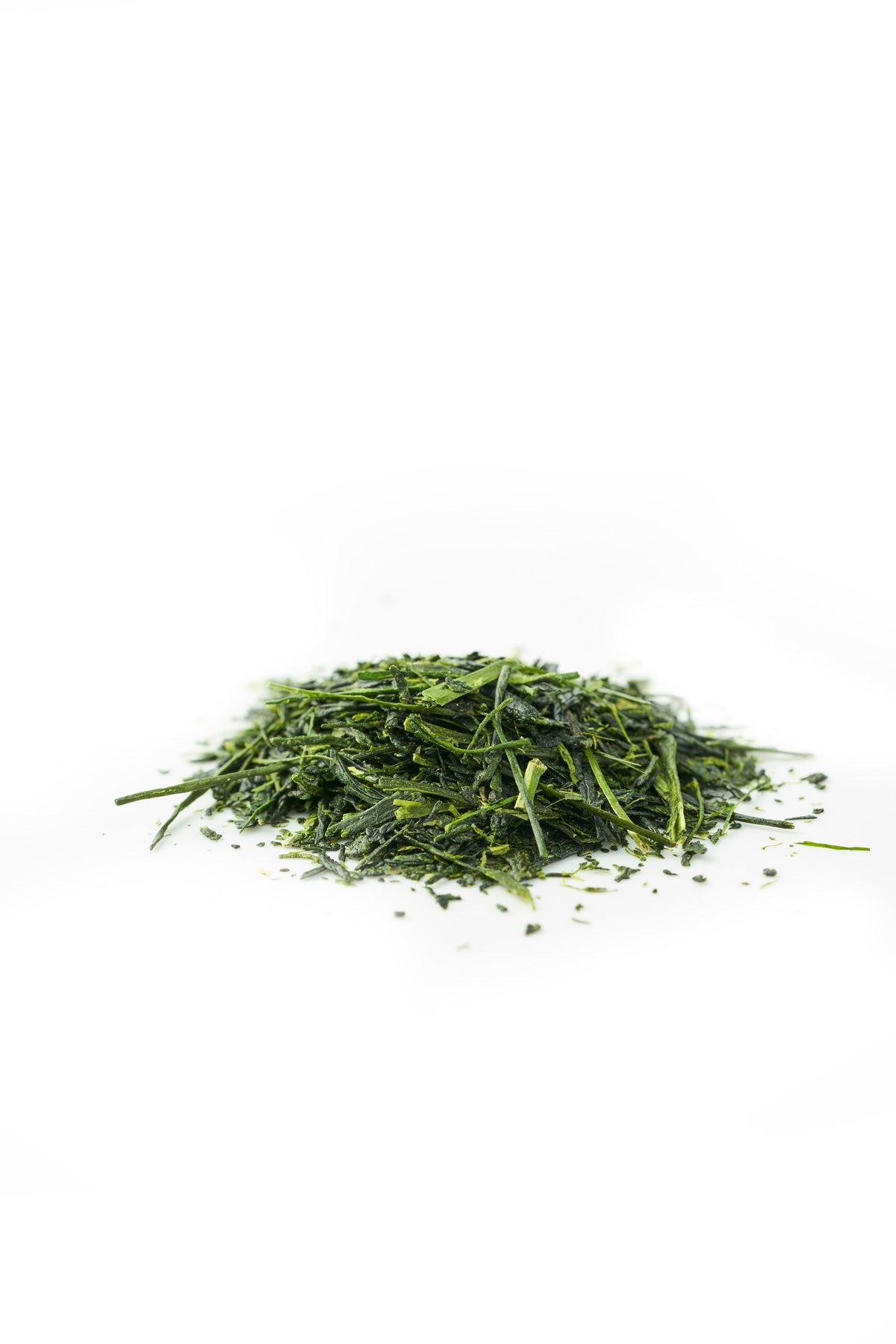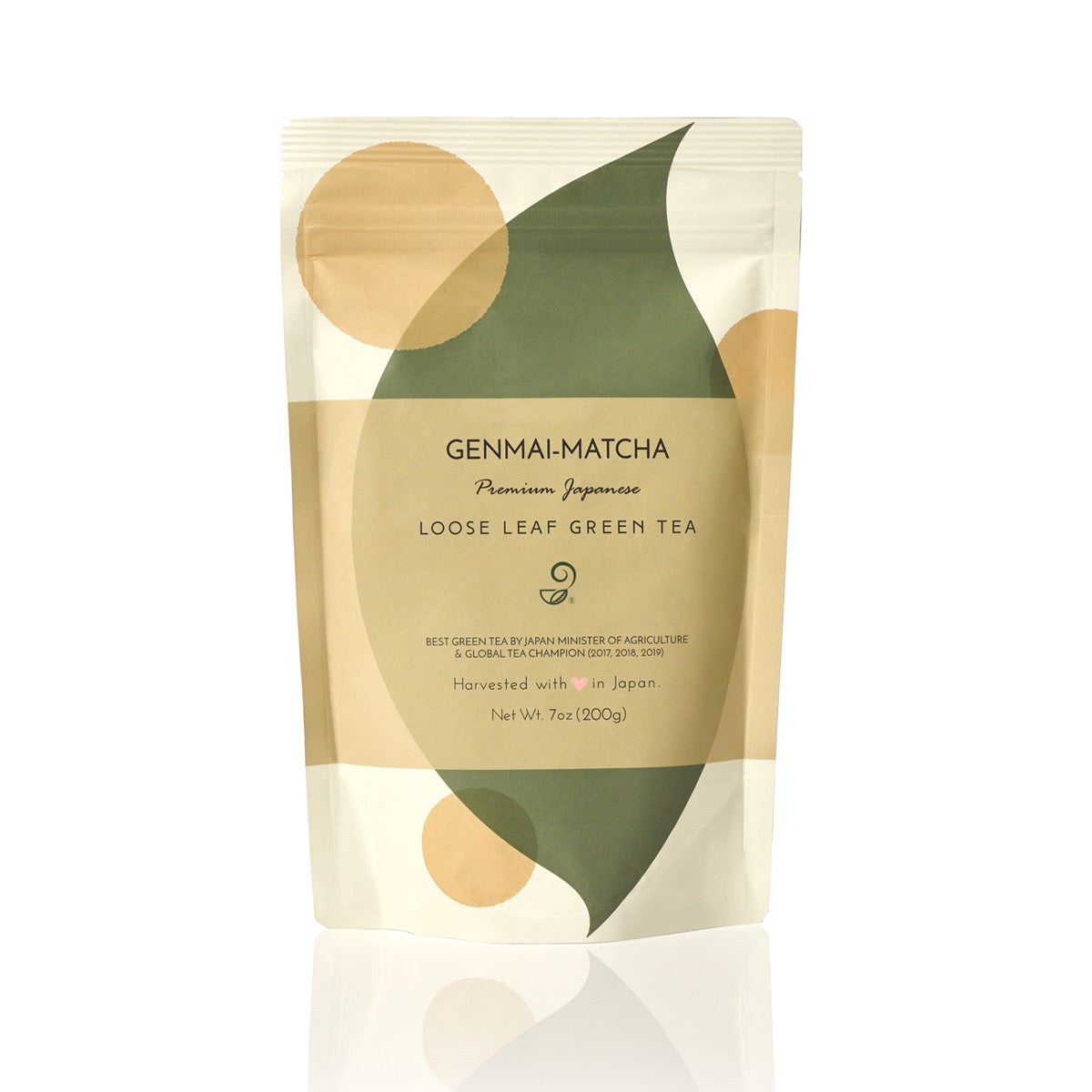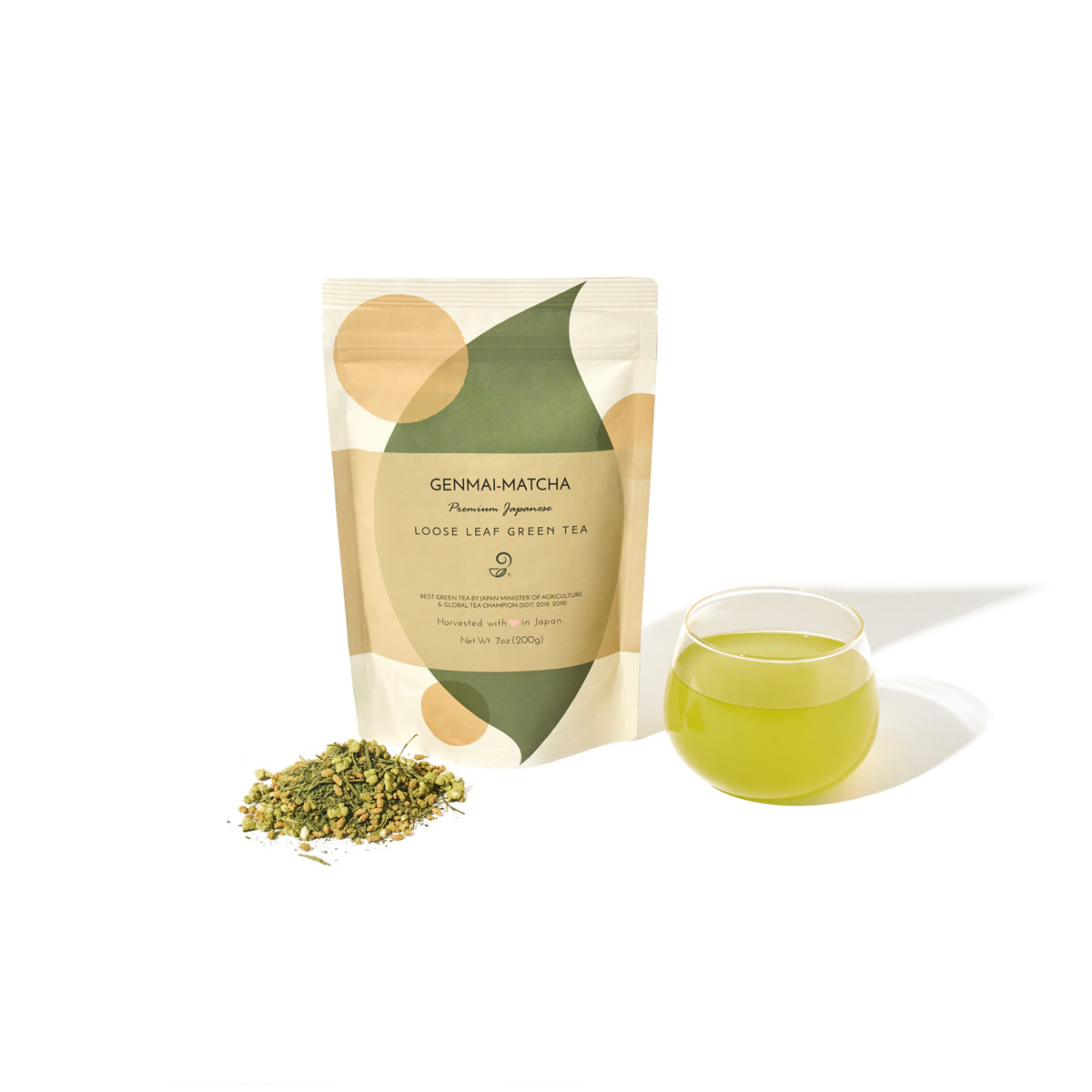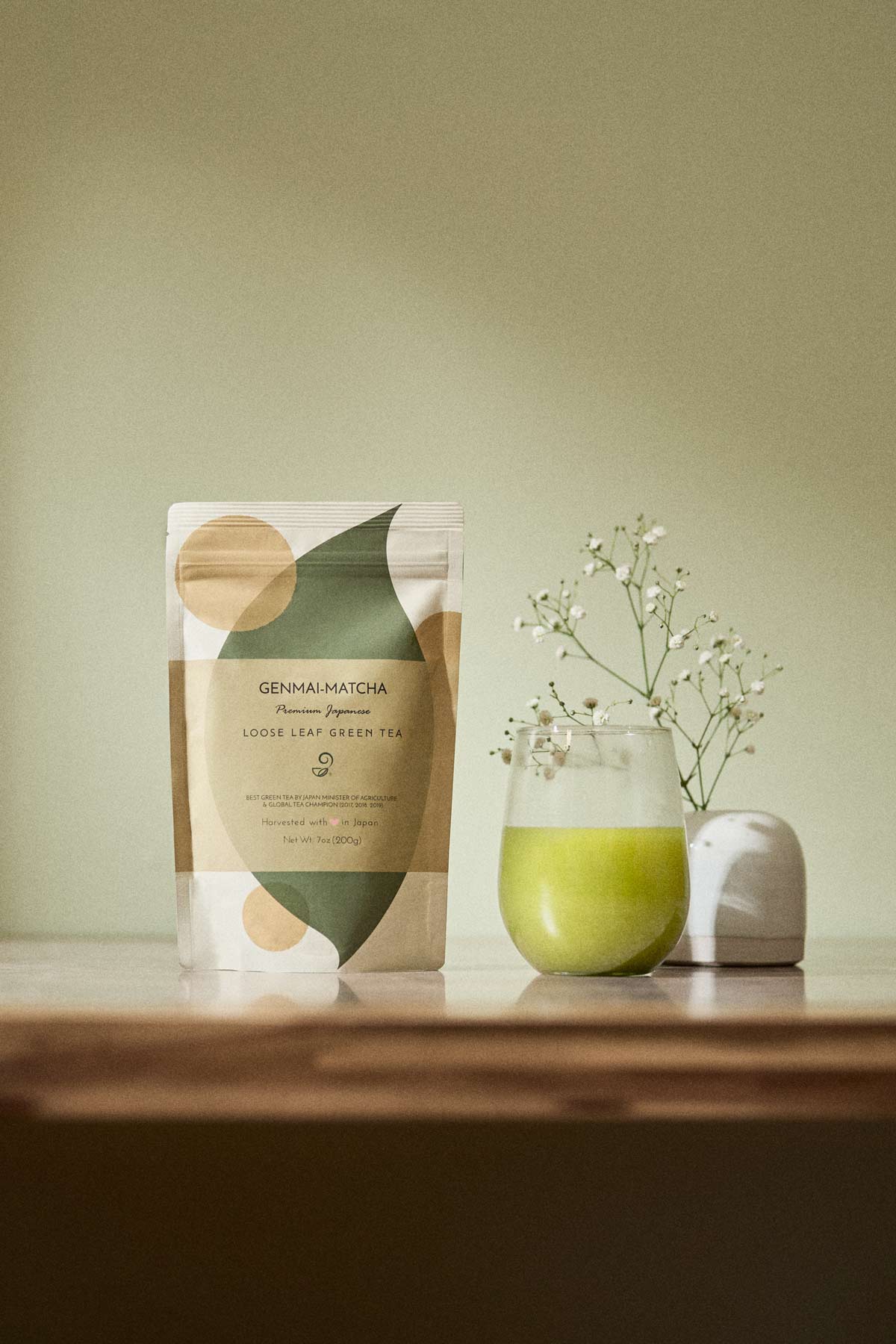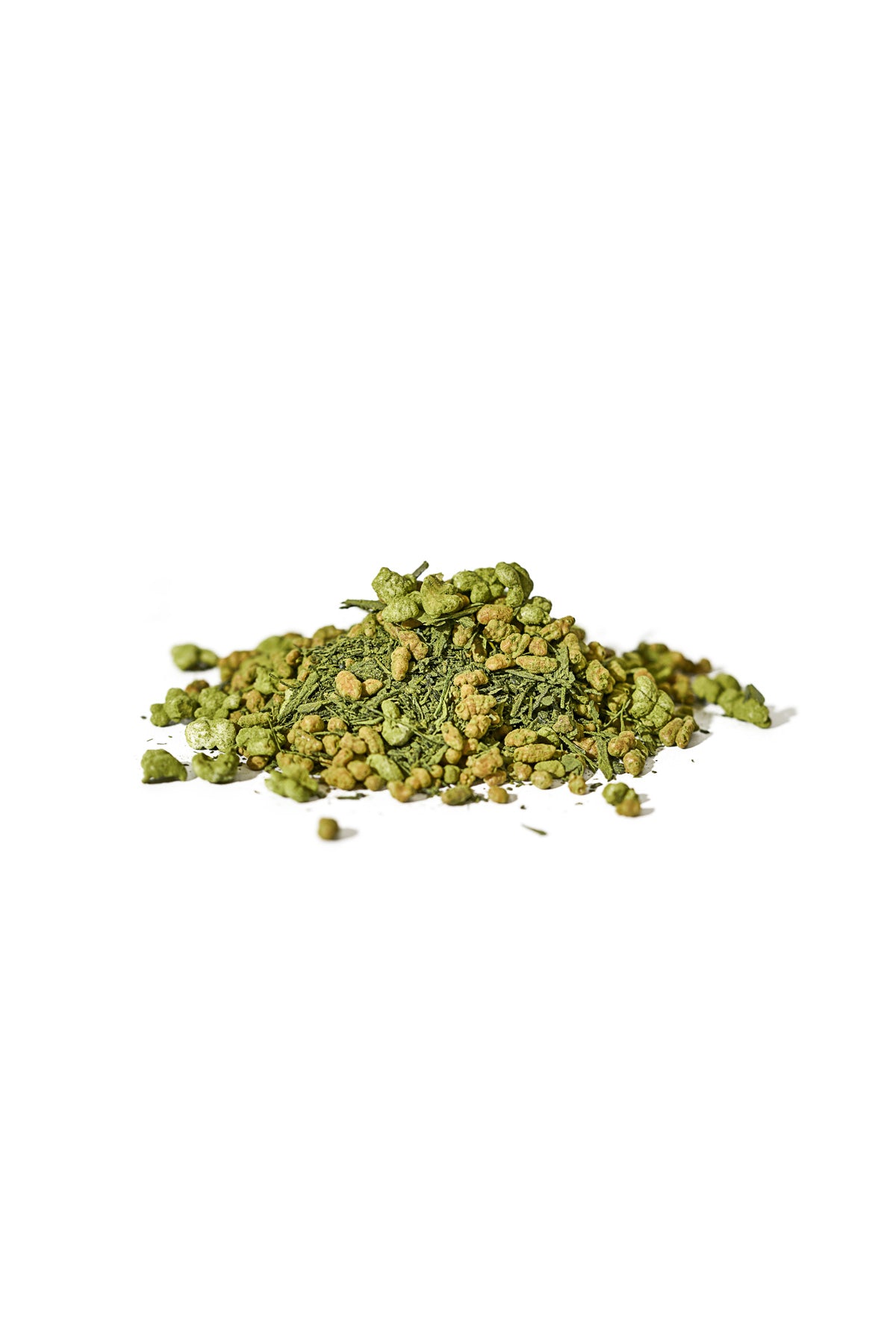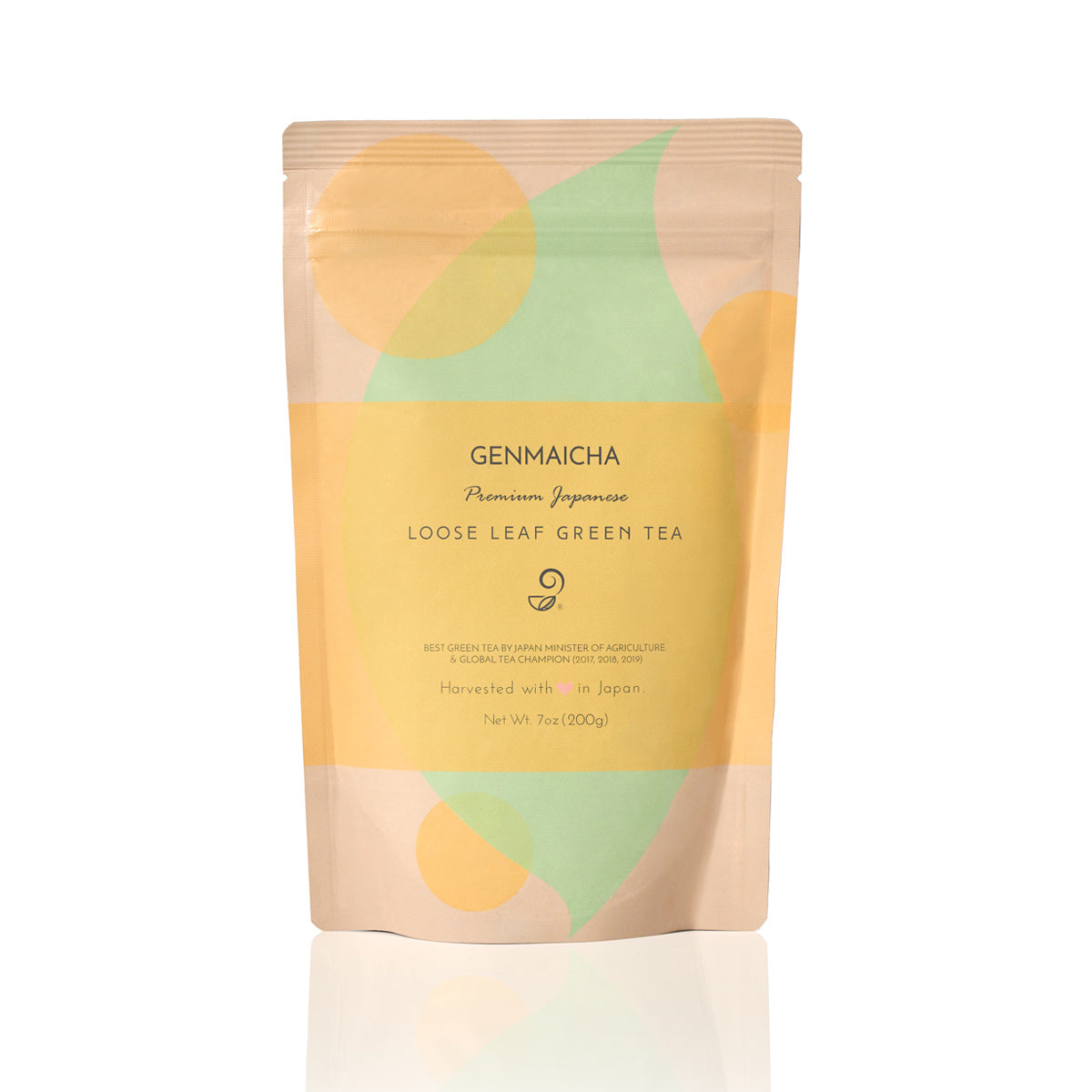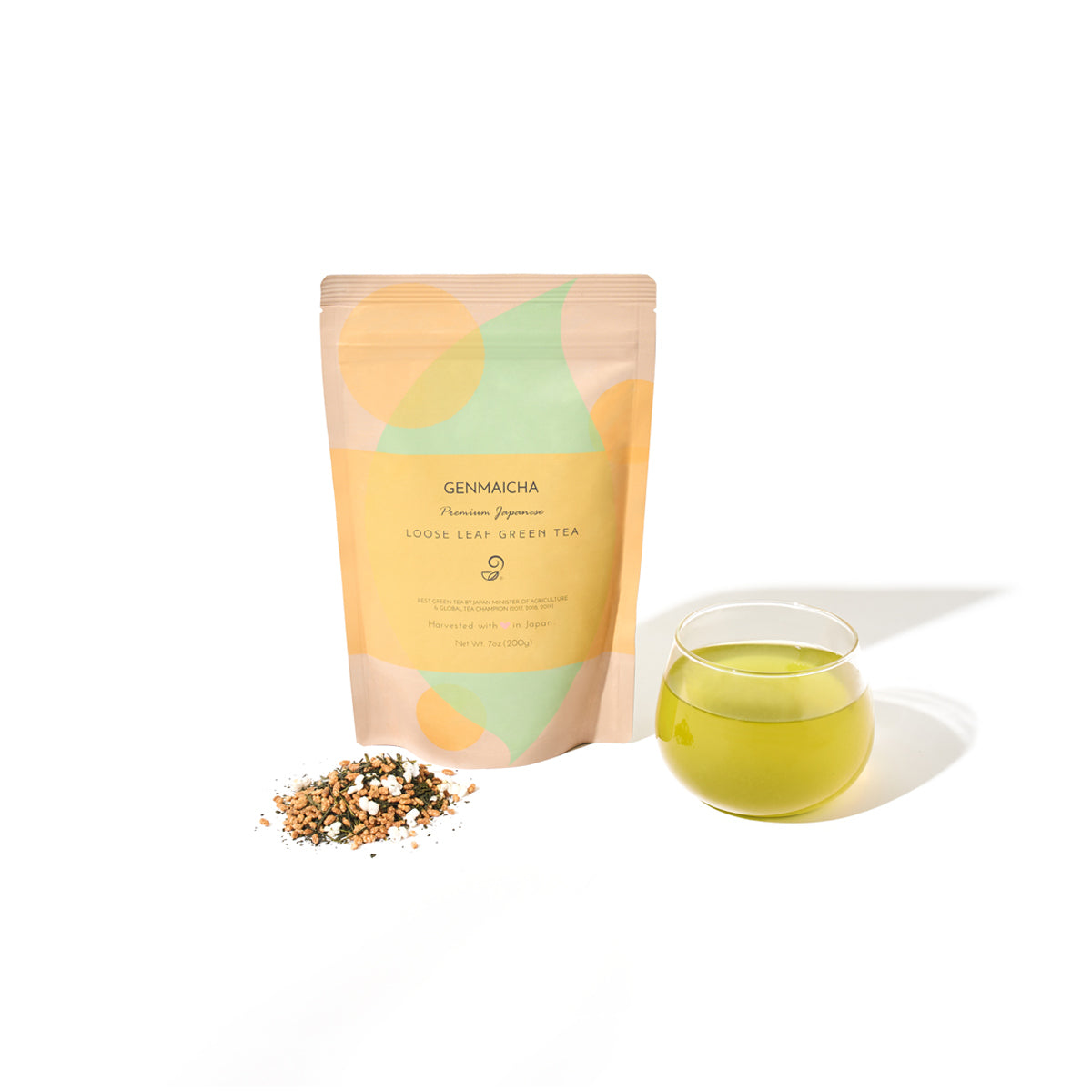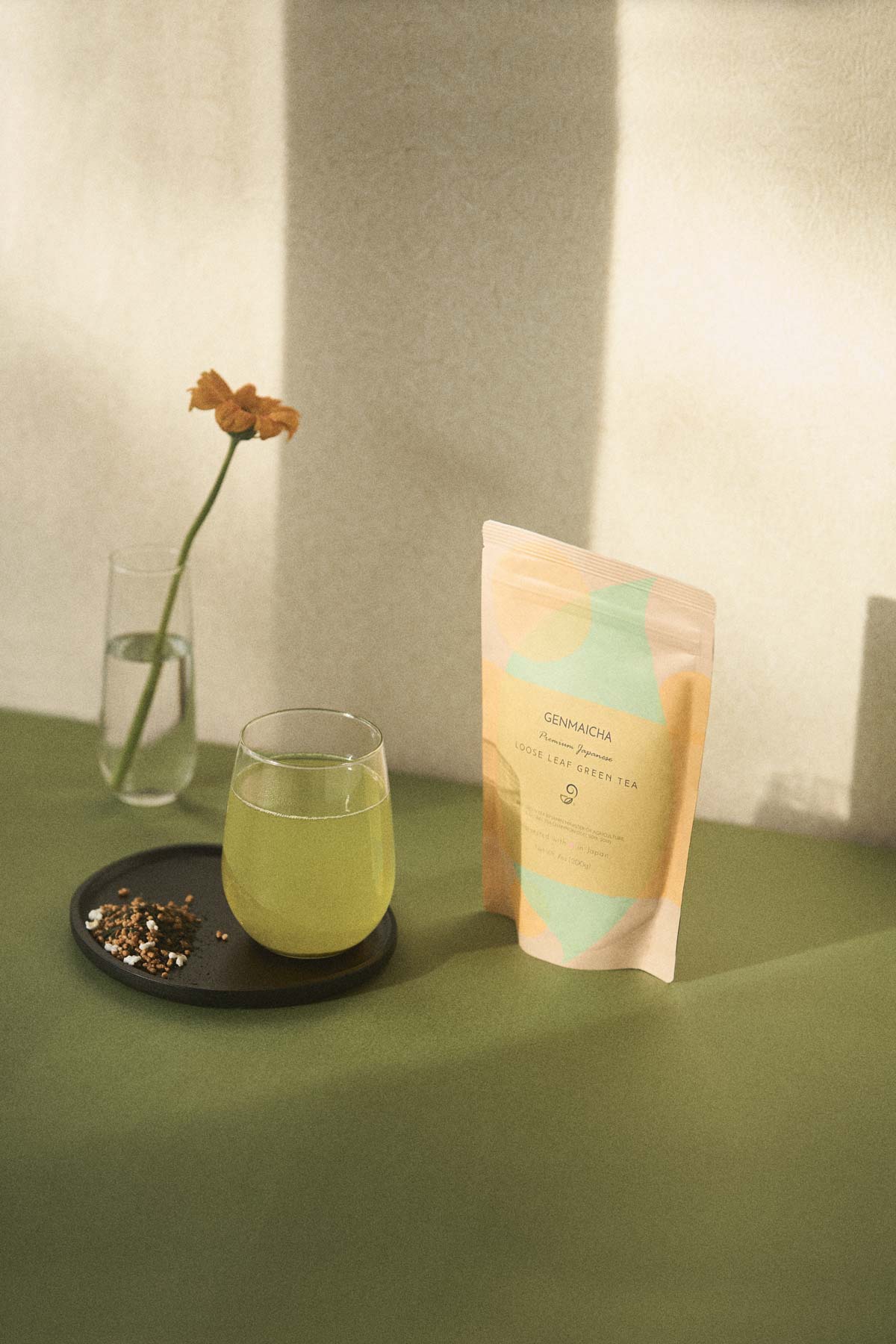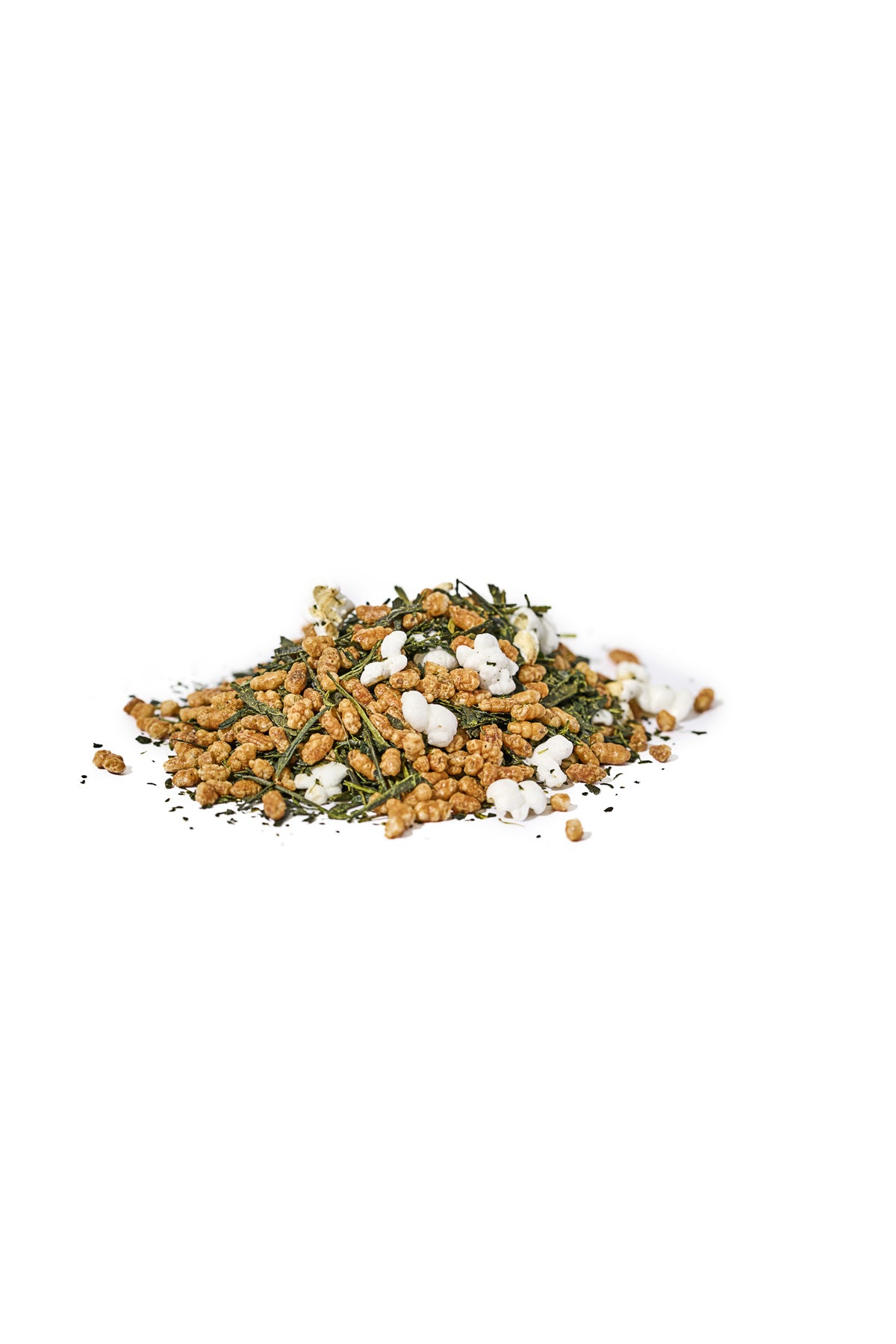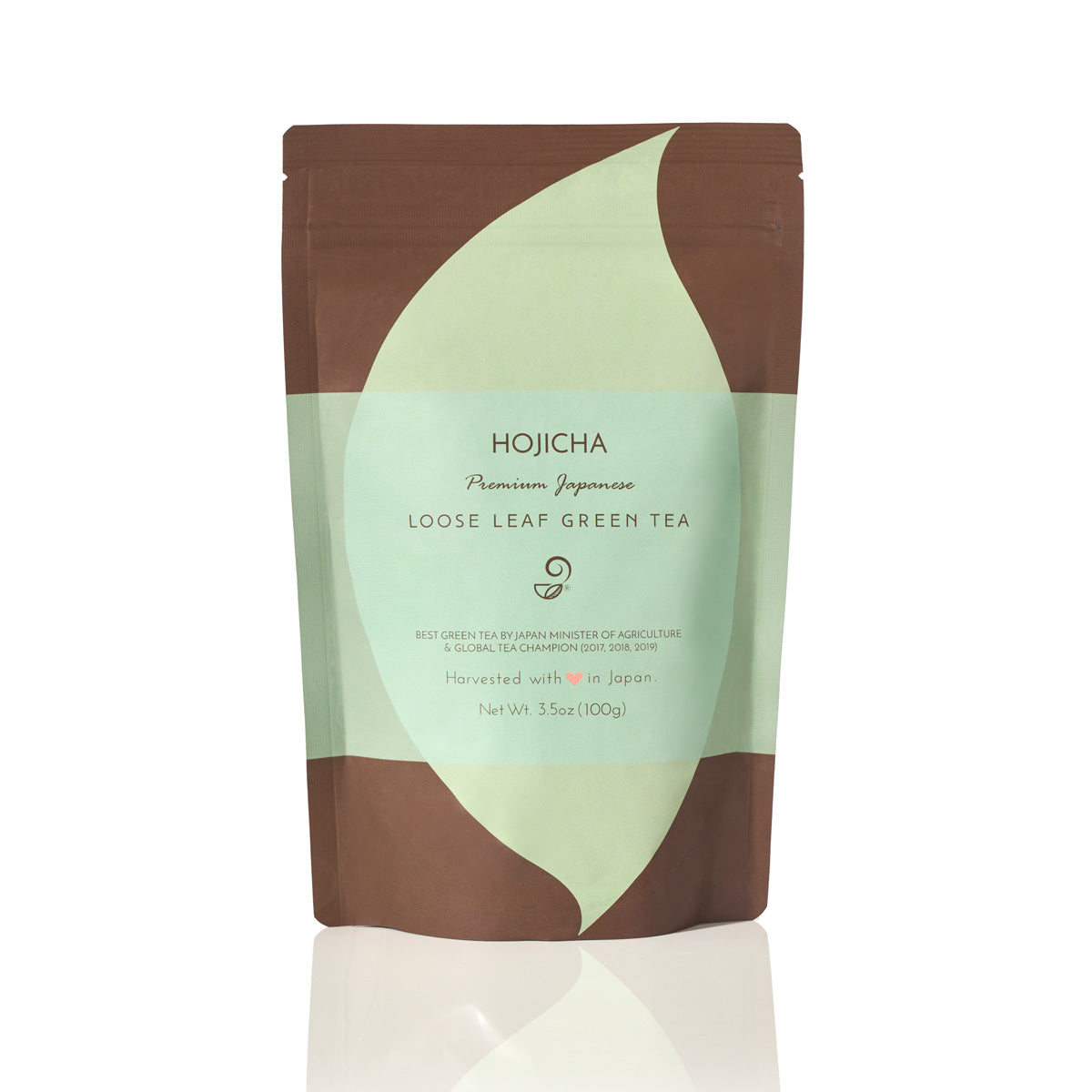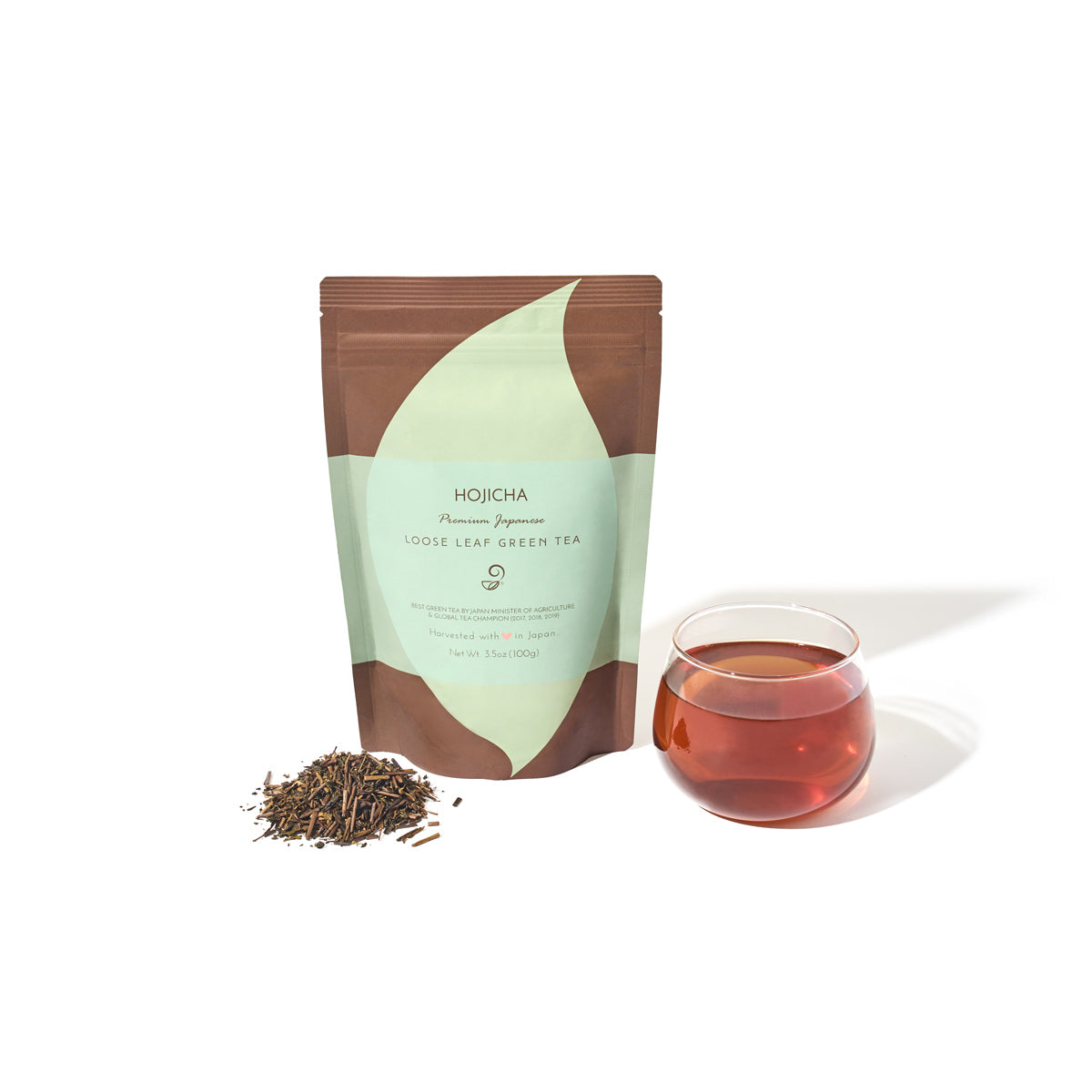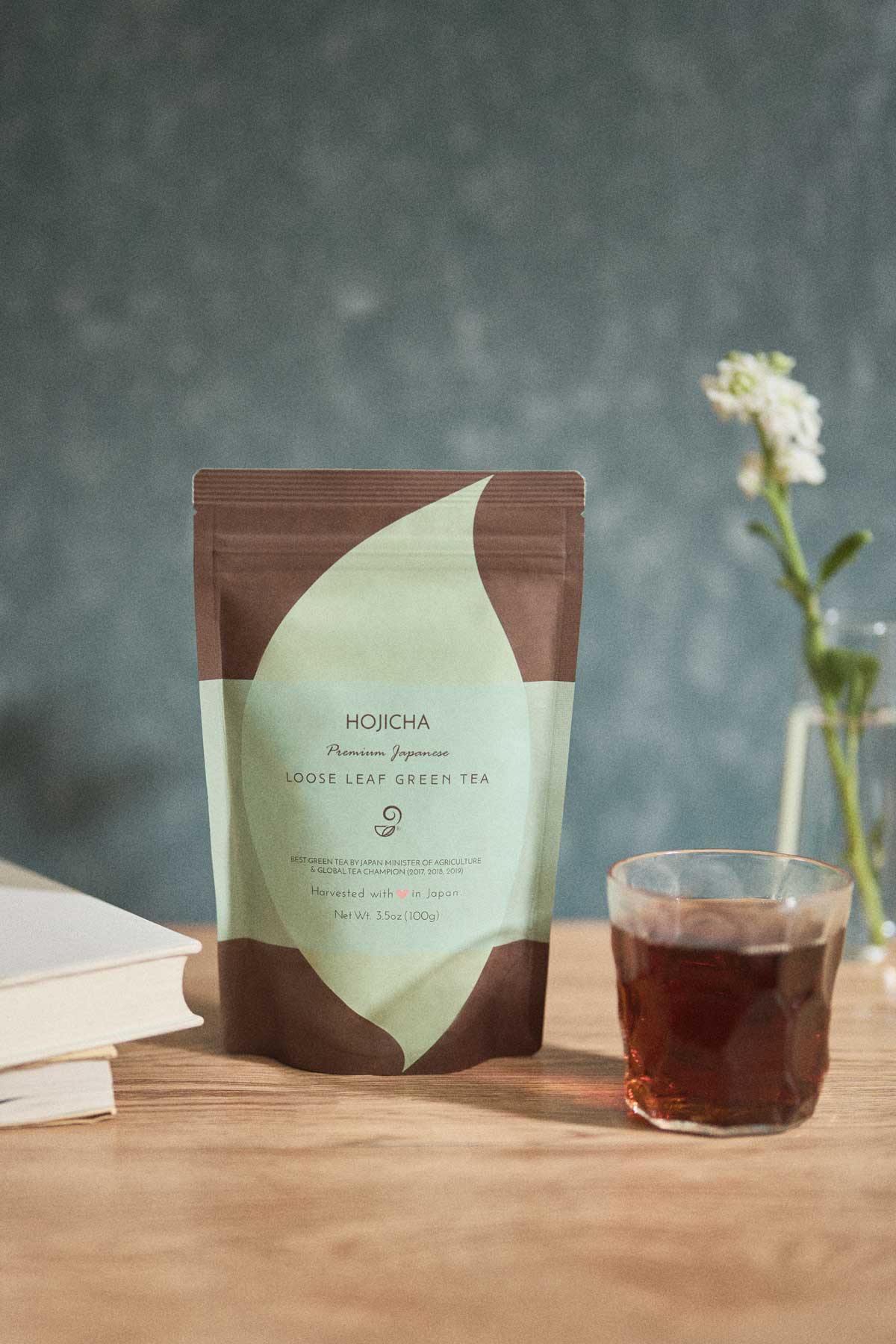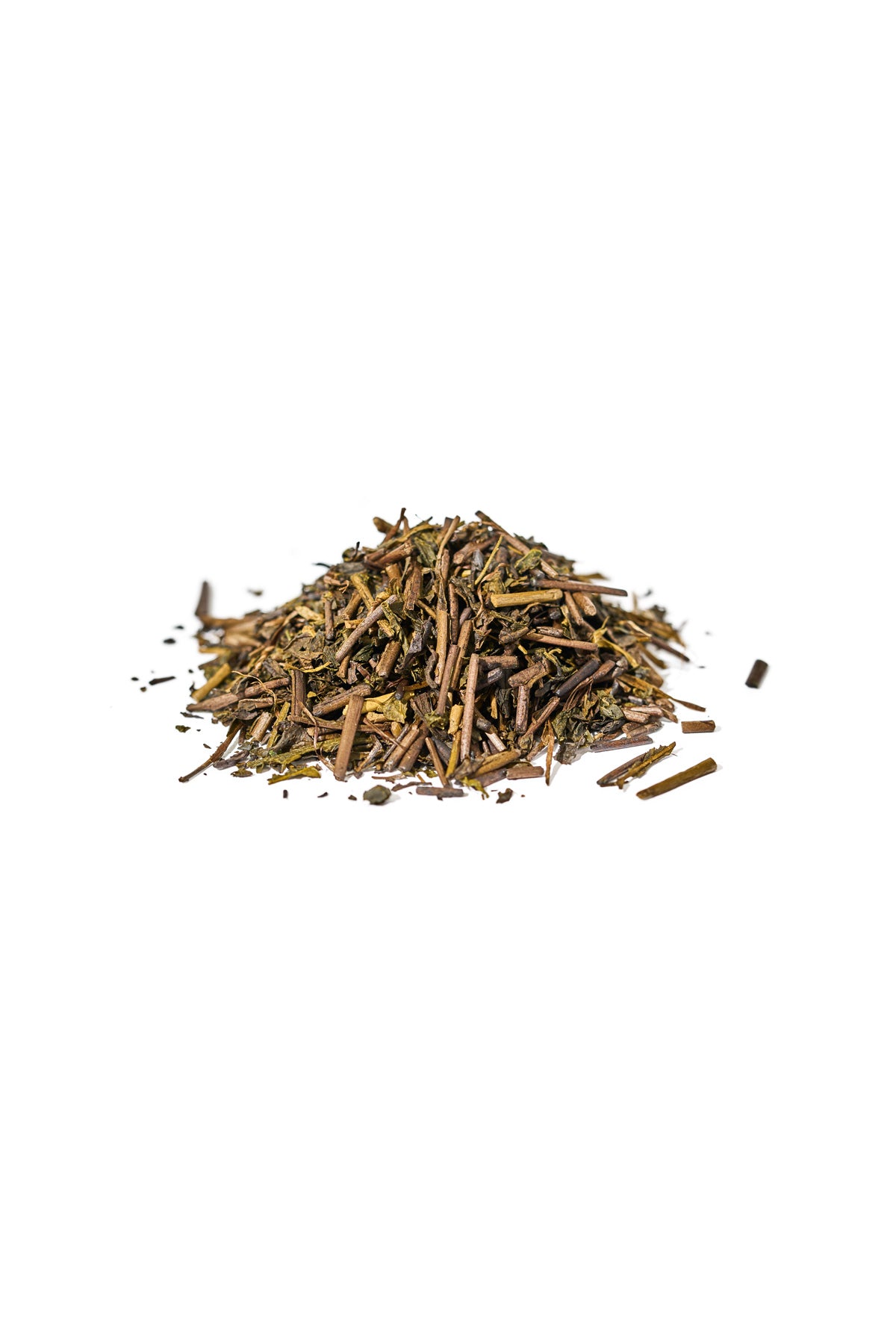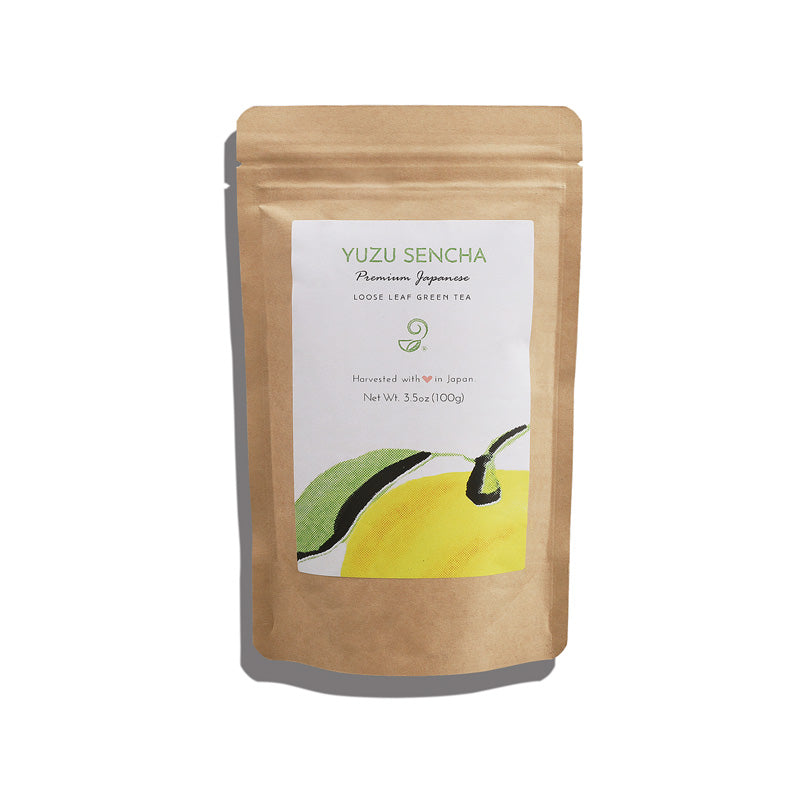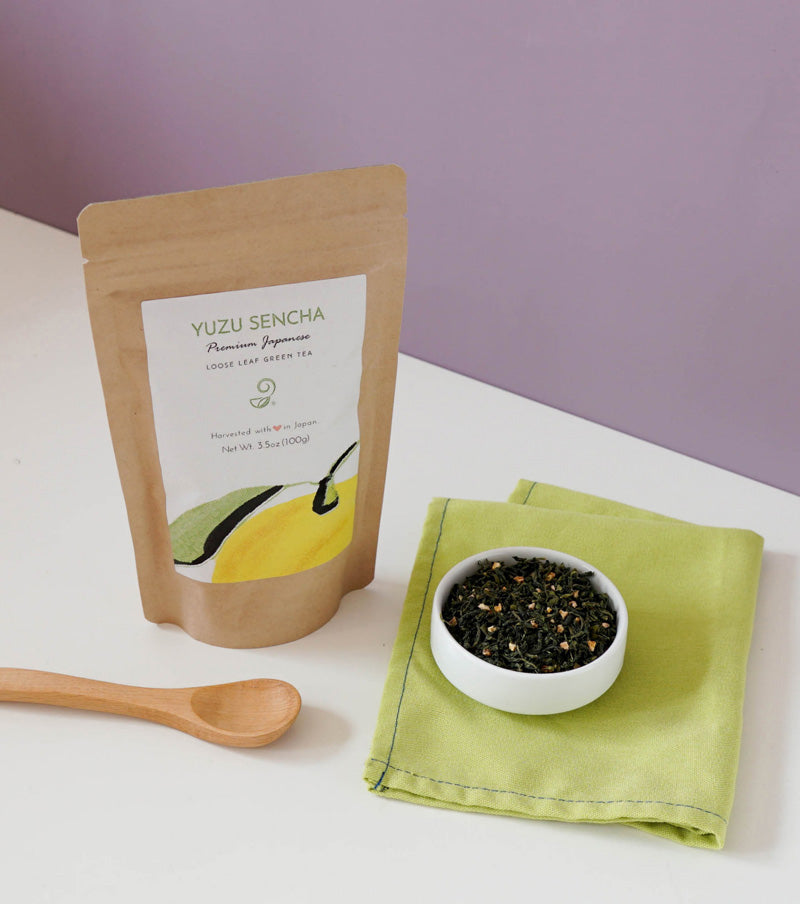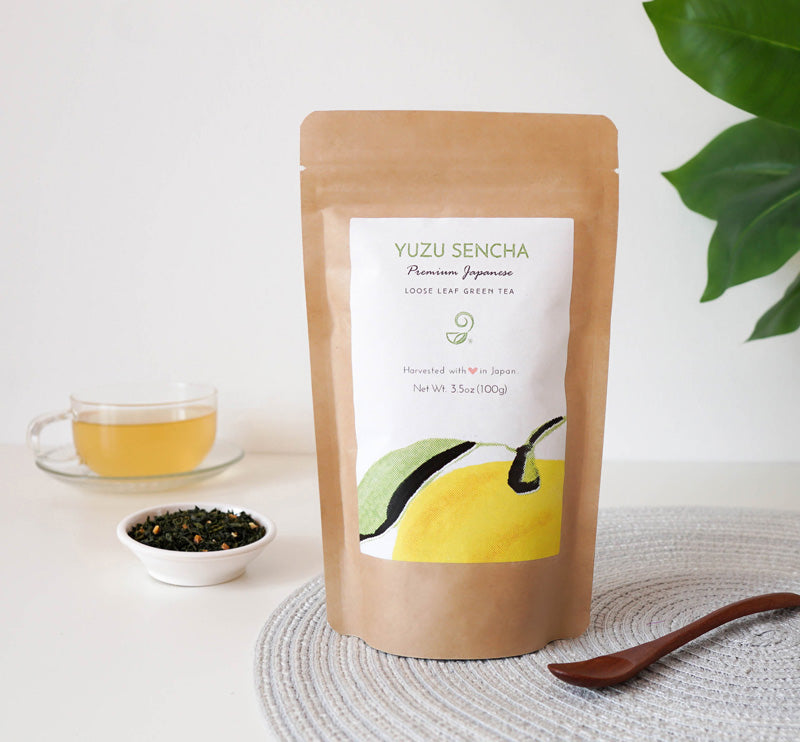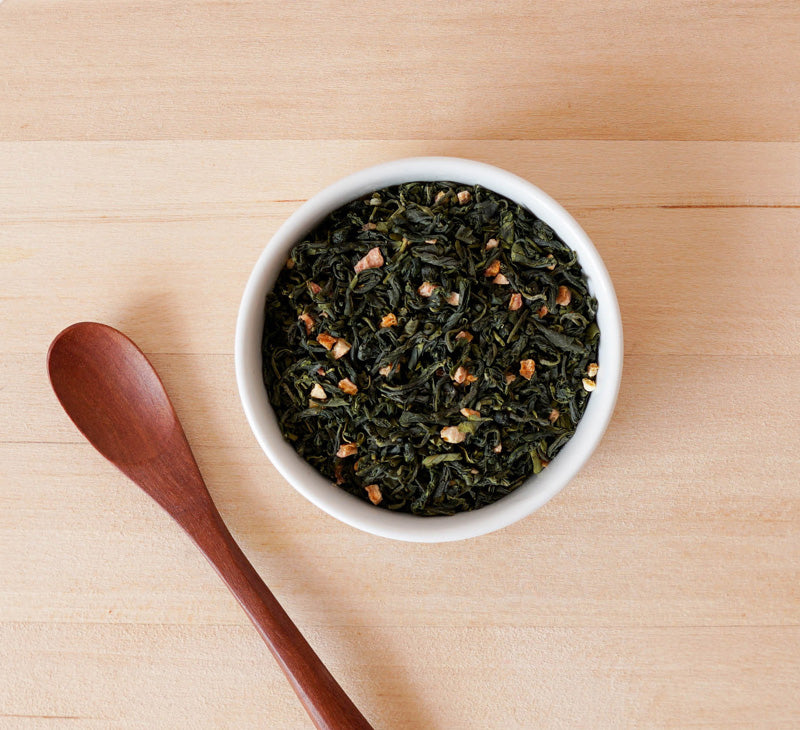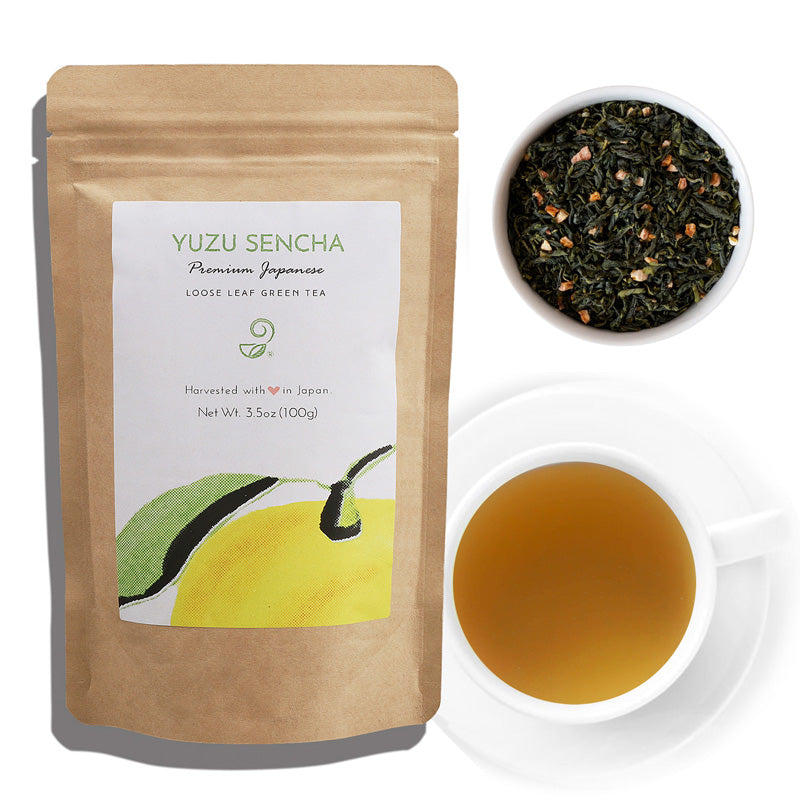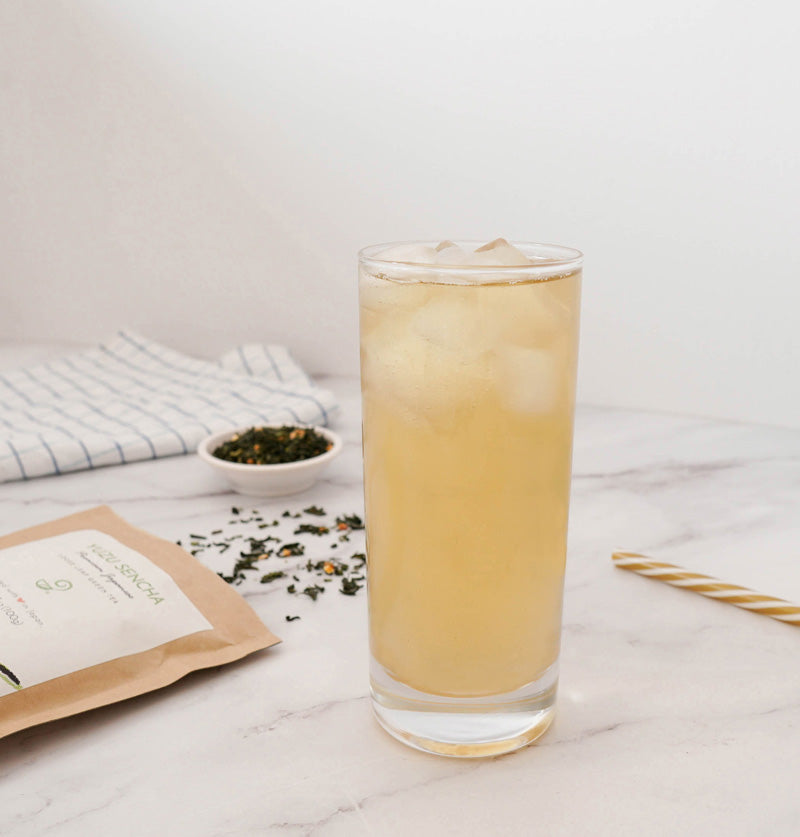Two of the biggest culinary exports from Japan, green tea and knives, are intrinsic to different sacred Japanese ceremonies. And it's no surprise they're both incredibly culturally significant, with a history spanning over a thousand years. Traditional knife-making has roots that go back to samurai swords. And green tea, since its introduction from China, has played an essential role in the Japanese economy, politics, and social matters and holds religious importance.
Learning From Ceremonies
We've discussed green tea ceremonies on this blog before, so I'll only touch on them briefly. However, what I want to discuss isn't so much the ceremony process as what we can learn from it. I also want to introduce another ceremony to you, known as Shikibōchō, the traditional Japanese knife ceremony. Finally, I want to explain how we can take the mindset from these two ceremonies and practice them in our everyday cooking and tea drinking to enhance our experience.
Clearing the Mind with a Tea Ceremony
Firstly, I don't want you to be mistaken—people in Japan don't perform a ceremony every time they want a cup of tea. It is a special occasion. Although some regularly share this ceremony with others as a social hobby and to practice mindfulness, the idea is that when engaging in the ceremony, the host and guests put aside their thoughts and live fully in the present. In a sense, the only thing that exists is what happens in the room during the ceremony. You are expected not to worry about anything before, after, or occurring outside the event. Something is harder to do than it sounds; it truly takes practice.
Being in the Present
Consider how often you brew tea daily with your mind occupied with other thoughts. You likely never paid attention to the process. It can be as automatic as driving or putting on some laundry. But consider how much more you might enjoy yourself if you focused instead on the process as it was happening and spent some time tasting the tea. We typically slurp down our tea without consideration, thinking about life's stresses or what we want to do next. Another word for 'living in the moment' is mindfulness, and it can both momentarily relieve you of life's troubles and enhance your enjoyment of the activity you are undertaking. I'll get more into mindfulness near the end of this article; for now, let's investigate what we can learn from knife ceremonies.
Japanese Knife Ceremonies
Another ceremony that utilizes this idea of mindfulness and introduces an element of appreciation is that of Shikibōchō, the Japanese knife ceremony. It is a rare ceremony, even in Japan, typically only done during shrine festivals or other special events. Although it is possible to book private sessions to watch the performance, if you are ever lucky enough to get the chance to see it performed, keep an eye out because sometimes there are tea ceremonies you can reserve for after the performance. Coincidence? I don't think so.
How Shikibōchō is Performed
A chef dressed in traditional garb from Japan's Heian period (794–1185 CE) fillets and displays fish or poultry using only a ceremonial knife and metal chopsticks. It is not a cooking or cutting technique, but an artistic and religious performance rooted in Shinto and Buddhism. This difficult task is done slowly, through a series of precise movements that are a dance between the chef and their knife. The chef never touches the food with their hands to maintain its purity, and it is not eaten but considered a sacrifice to the gods. It is both a show of skill and an appreciation for life-sustaining food.
Growing Your Appreciation and Mindfulness
Today, in our busy lives, we rarely take the time to appreciate flavors, textures, and ingredients. And we're often so occupied with our busy thoughts that we aren't always fully present when entertaining guests at home. We're always thinking about what’s next instead of appreciating what we have. We take things for granted, always under the assumption that we will always be able to have what we want. Shikibōchō holds an important lesson for us: the chef takes time away from their daily tasks to appreciate the ingredients they use. They can then carry this same mindset through to their daily cooking, treating their food with more care. We can do the same.
Learning From Tea and Knife Ceremonies
So, what we can learn from these Japanese ceremonies is more than just a few interesting cultural facts about Japan. They hold important lessons. Taking the time to pay attention to what we are doing in the kitchen, whether that's making a cup of tea or a meal, will improve not only the quality of the food we consume but also the time we spend preparing it and the enjoyment of sharing it with other people.
Incorporating Mindfulness and Appreciation into Everyday Cooking and Tea-Drinking
But you don’t need to undertake an elaborate religious ritual to benefit from what these ceremonies can teach us. So, here are a few easy tips on how you can bring mindfulness and appreciation to your life every day.
- Keep It Simple
Have you ever noticed how sushi and sashimi are so simple yet delicious? Of course, heavily flavored meals are delicious too, but also overwhelming to the senses. Sometimes, if you keep things a little more straightforward in the kitchen and focus on technique and quality ingredients over seasonings, you may appreciate the subtleties of your dishes more. Texture, for example, is one of the essential features of sushi. That's why sushi chefs use specific knives, such as the yanagiba, to achieve the correct shape and feel of the fish.

- Take It Slow
Often, we're so hungry for our caffeine fix that we're thinking about our next cup of tea before we've finished the first! But what's the big rush? You can drink as much tea as you like, but remember that tea is as much about bringing calmness as it is about creating energy. That's why certain tea ceremonies can take as long as four hours! It’s about relaxing and not worrying about the time. Day-to-day, you only need to take an extra five or ten minutes to truly taste and appreciate your tea. If you do this in the morning without distractions, you may find the rest of your day smoother and have better concentration.
- Be Present
When enjoying food and tea with your friends and family, dispense with your worries for a while—believe me, they will still be where you left them! Banish your phone far, far away. Instead, take a lesson from Japanese tea ceremonies: talk about the food and the tea, appreciate the company of your guests, and be thankful for a moment suspended outside of the daily hustle and bustle. Likewise, with your cooking, pay attention to each step; you will notice things and learn more rather than anticipating only the end result.
Incorporating these principles into your daily life will help you make better tea and food and have a greater connection with the people in your company. If you want to learn more about Japanese traditions, history, and cooking techniques, check out our new knife website. There are many more things to know about Japanese culture, and the best (and tastiest!) place to start is with the cuisine.
Get Free Bonus Books

Sign up for free to the Green Tea Club to get advice and exclusive articles about how to choose Japanese Tea, and tips, tricks, and recipes for enjoying Japanese tea.
About the author
Kei Nishida
Author, CEO Dream of Japan
Certification: PMP, BS in Computer Science
Education: Western Washington University
Kei Nishida is a passionate Japanese green tea connoisseur, writer, and the founder and CEO of Japanese Green Tea Co., a Dream of Japan Company.
Driven by a deep desire to share the rich flavors of his homeland, he established the only company that sources premium tea grown in nutrient-rich sugarcane soil—earning multiple Global Tea Champion awards.
Expanding his mission of introducing Japan’s finest to the world, Kei pioneered the launch of the first-ever Sumiyaki charcoal-roasted coffee through Japanese Coffee Co. He also brought the artistry of traditional Japanese craftsmanship to the global market by making katana-style handmade knives—crafted by a renowned katana maker—available outside Japan for the first time through Japanese Knife Co.
Kei’s journey continues as he uncovers and shares Japan’s hidden treasures with the world.
Learn more about Kei
